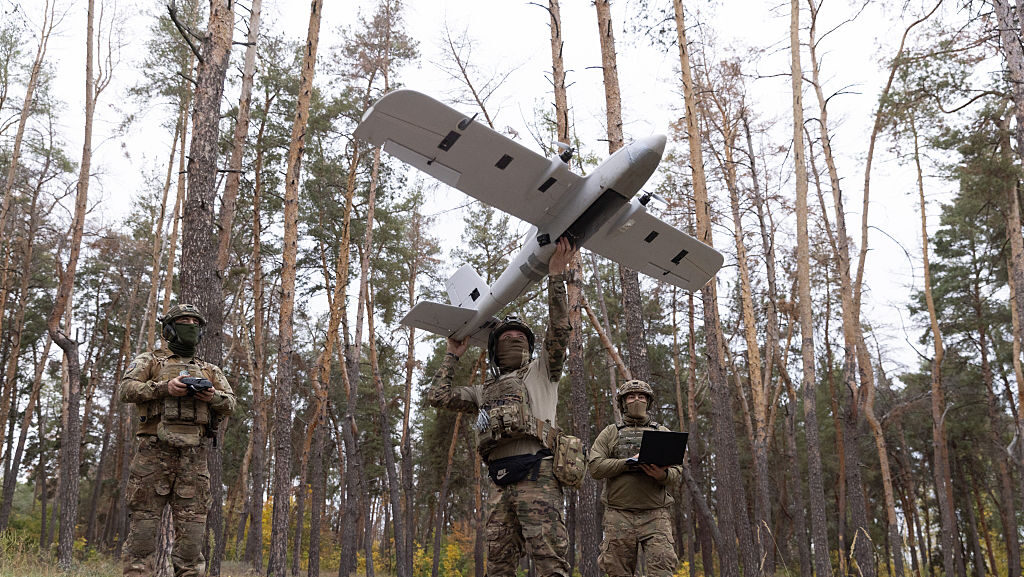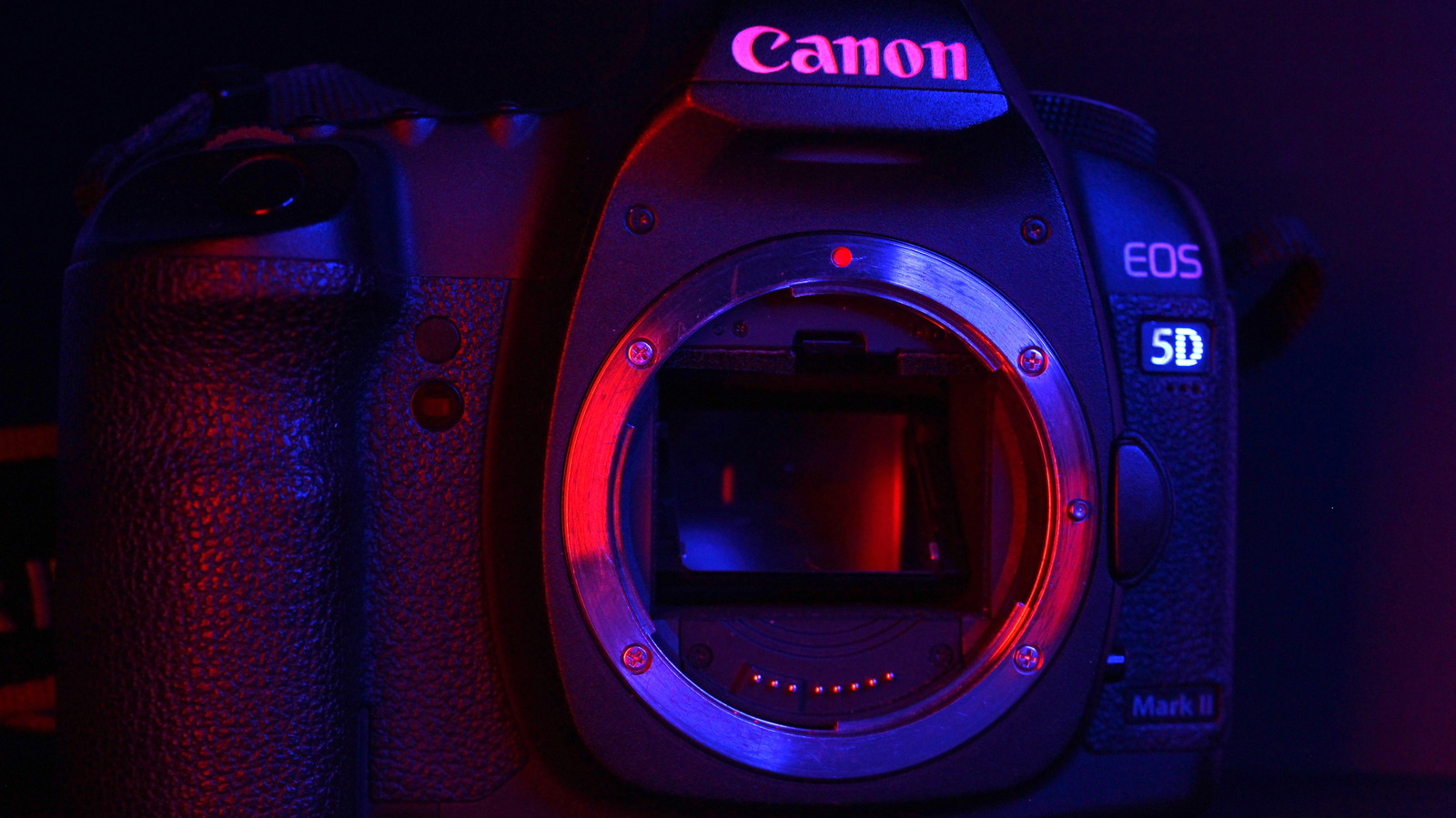Copyright belfastlive

Belfast is to see an extension of so-called public “smart bins” in the city centre and a reinforcement of bins and interventions across the city as part of an anti dog-fouling drive . A council committee at City Hall has agreed the next steps in street cleansing strategy, after statistics show the runaway success of the smart bin pilot held in the city centre in the past year. Smart bins are waste containers with an intelligent system that analyses the amount of waste inside the bin and the types it receives. Sensors integrated inside the smart bin recognise when an item is deposited and notes fill-levels, while image recognition camera sensors and robotic technology are then used to identify and segregate different waste streams. READ MORE: New housing estate including 58 semi-detached homes approved for West Belfast READ MORE: Irish street sign surveys to go ahead despite “potential adverse impacts.” There are a variety of types of smart bins, Belfast Council uses the BigBelly bins. A Bigbelly bin has an automatic solar compactor inside, allowing it to hold five times more waste than a regular bin. When it is full, it transmits a wireless signal to the waste collectors, telling them it’s time to make a pick-up. Figures given to the Belfast Council People and Communities Committee this month reveal the level of success of the smart bins in pilots over the past year in Belfast City Hall and grounds and at Donegall Square, Donegall Place, and Royal Avenue. In the pilot period at City Hall 10 smart bins required one empty per bin per day compared to the three empties for the old standard bins, that was 10 total empties per day for the smart bins compared to 72 empties for the standard. The total minutes per day attending bins for the old standards was two hours 24 minutes compared to a hugely impressive 20 minutes for the smart bins. In the pilot period at Donegall Square, Donegall Place, and Royal Avenue, 26 smart bins went against 50 of the old standards. The total minutes per day attending bins for the old standards was three hours 20 minutes compared to 52 minutes for the smart bins. Both sets of stats represent a huge saving of staff power and resources. The council report states: “By reviewing bin fullness reports within the software, our operational team can adapt to reduce the number of collections required throughout the day and attend other priority cleansing operations. “In addition to the labour time savings, the SMART bins technology provides useful insight into individual bin collection volumes over a six-month period. This provides the team with data that can be used to inform better bin placement. Making better use of our litter bin stock and operative time overall.” It added: “Our operational teams have noted that on occasion the compactor mechanism jammed, usually due to very large pizza boxes, meaning the bin is not usable until this is remedied. In these instances, the software will notify area teams when this occurs. There is also the option of installing a ‘pizza belly’ bin, which is designed to dispose of all sizes of pizza boxes specifically.” At the committee meeting elected members approved the extension of smart bins, agreeing to install an additional 26 bins at various locations around Donegal Square, Donegal Avenue and Royal Avenue. In addition to this, officers are exploring the option of installing smart litter bins at various hard to reach locations within neighbourhoods and parks, with areas like Cavehill car park and Upper Hightown road having been named as possibilities. Since January 2025 council officers have been conducting a dog fouling reduction pilot within the north of the city. As part of the wider action plan for the full city, council officers extracted information from the council customer hub on the streets across the whole of the city with the highest number of dog fouling complaints during the period April 2021 to July 2025. Using this information together with other data, council officers listed streets in each quarter of the city that would be the focus for the next phase of targeted interventions, including new litter bins. These are Whitewell Road, Cavehill Road and Oldpark Road in the north, and Orby Drive, Belmont Road, Clarawood Park and Cregagh Road in the east. They are Ravenhill Road, Farnham Street and the Cranmore area in the south, and Clonard Street, Lenadoon Avenue, Rockville Street and Springfield Road in the west. Elected members agreed to these streets being targeted. The extra interventions in these areas will involve increased patrols by dog wardens as well as a review of litter bin provision, to include consideration of a mix of post mounted and standard litter bins, with dog fouling stickers affixed to the sides. For all the latest news, visit the Belfast Live homepage here and sign up to our daily newsletter



